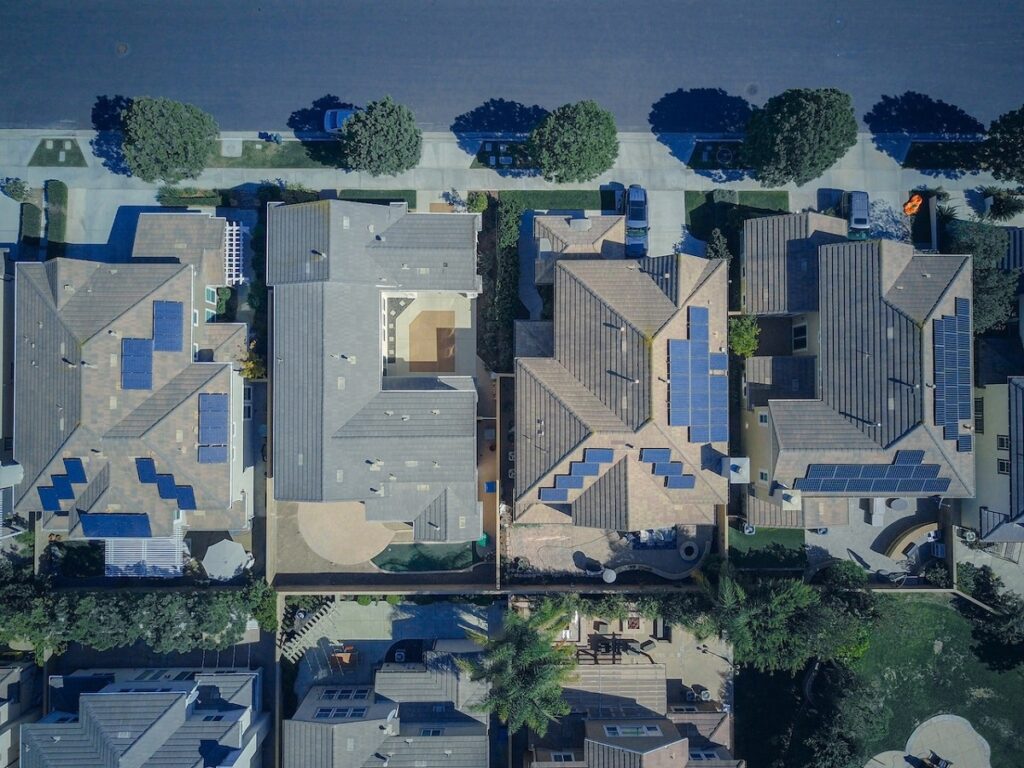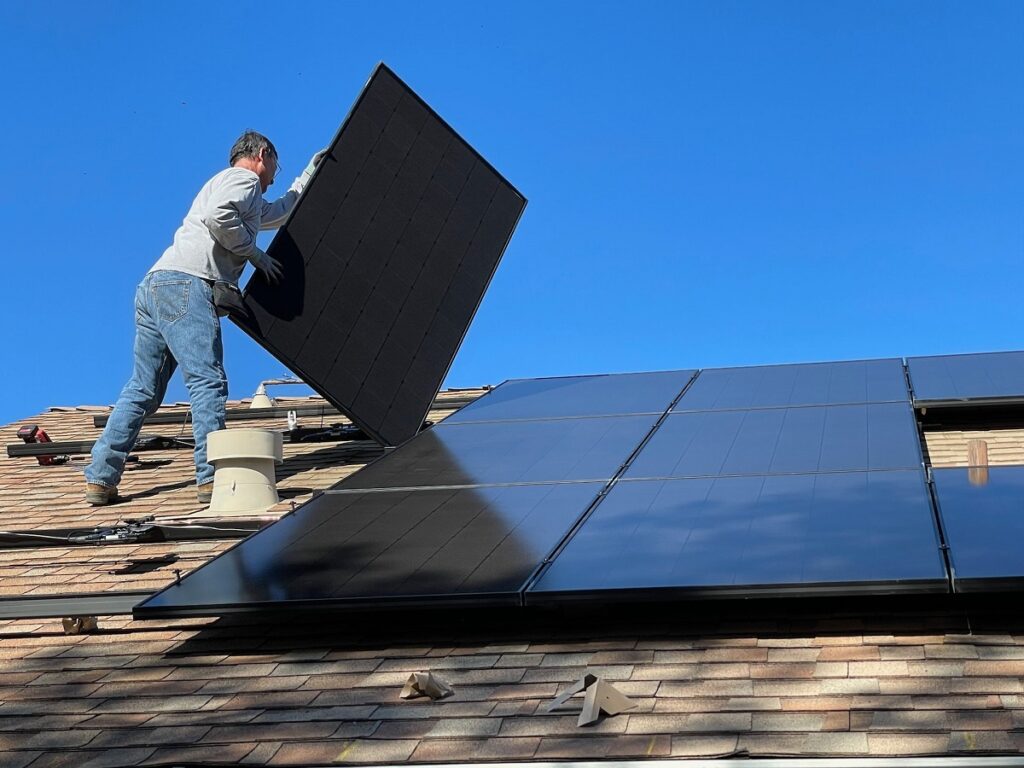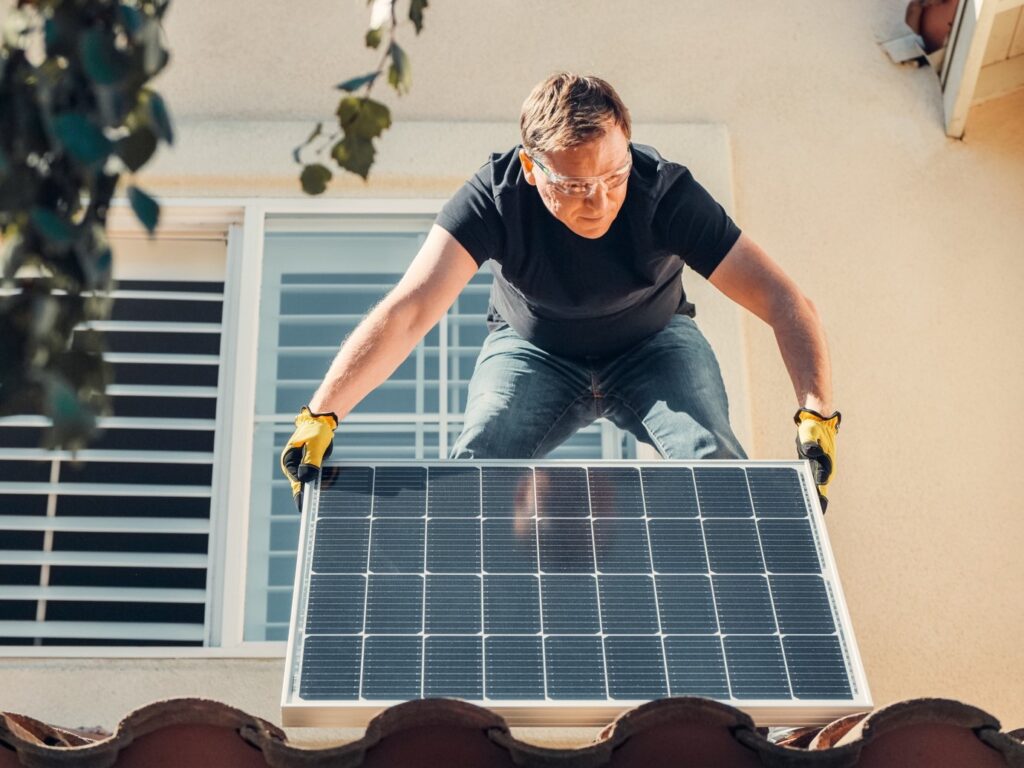Western Australia’s Rottnest Island has achieved 45% renewables with a new solar array taking 90% of its electricity demand from solar and wind energy, after a 600kW PV array was added to the island’s existing hybrid wind and diesel power, boosting its installed renewable energy capacity to nearly 50 per cent.
Saving around 400,000 litres of diesel a year.
Tasmanian utility and renewable energy developer HydroTasmania said on Thursday it had integrated the new solar system with Rottnest’s existing 600kW wind turbine, which was installed in 2004 (and was the subject of Tony Abbott’s angst about wind energy), generating about a third of the island’s energy and saving around 400,000 litres of diesel a year.
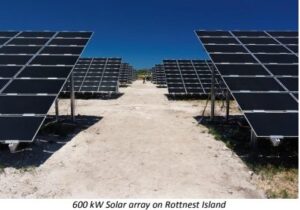
45% Renewable
The new system – installed by HydroTasmania’s Hybrid Energy Solutions team – makes Rottnest Island 45 per cent renewables powered (factoring in the current wind power component) with up to 90 per cent instantaneous renewable contribution achievable.
Next is Flinders Island
The same Hybrid Energy Solutions team was behind the recent transition of King Island, in the Bass Strait, from 100 per cent reliance on diesel power to around 65 per cent renewable; 100 per cent on occasion. A similar project is taking shape on neighbouring Flinders Island.
At Rottnest Island – off the coast of Perth – the team has also installed its hybrid control system, to co-ordinate the generation with enabling technologies, including a dynamic resistor and demand management of the island’s desalination plant.
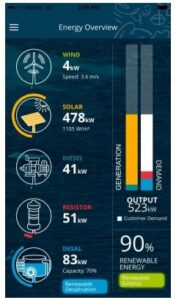
Creation of a Water Battery
It said that by integrating solar and wind generation resources with the island’s desalination plant and water storage facilities, surplus renewable energy could be used to create clean drinking water – effectively using stored water as a ‘water battery’.
The project has also yielded its very own app, called Rottnest Island Water and Renewable Energy Nexus (WREN), which provides real-time power usage, project information and educational materials.
The idea is that visitors to the popular tourist spot can learn more about sustainability and how they can make a sustainable difference.
New Eco-tent Resort
Just this week, plans were approved for a new eco-tent resort at the island’s Pinky’s beach, that would include 86 “glamping” tent sites, as well as a bar, cafe, restaurant and function area.
It is the first new accommodation to be built at Rottnest in more than 30 years, according to ABC News.
Source: Sophie Vorrath
